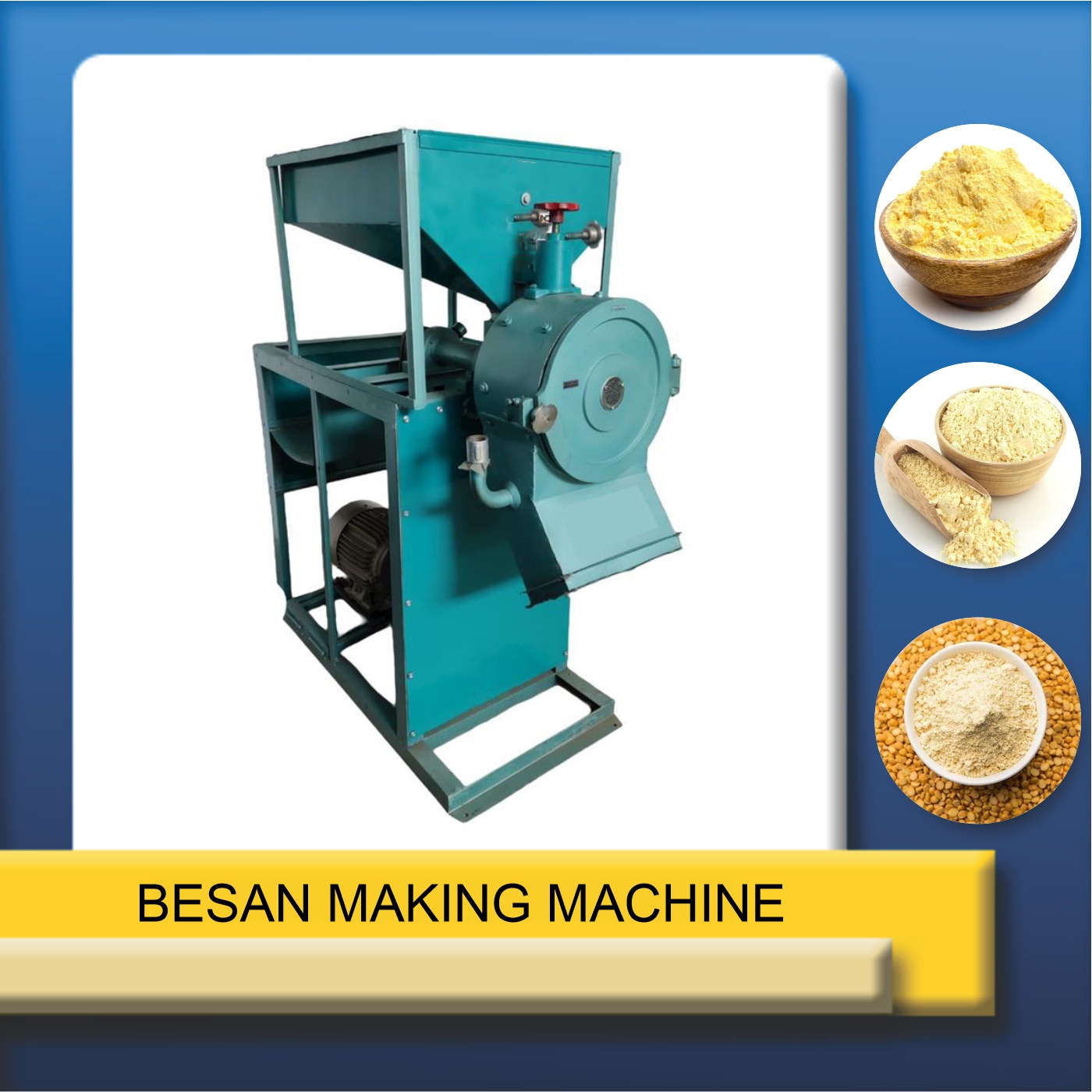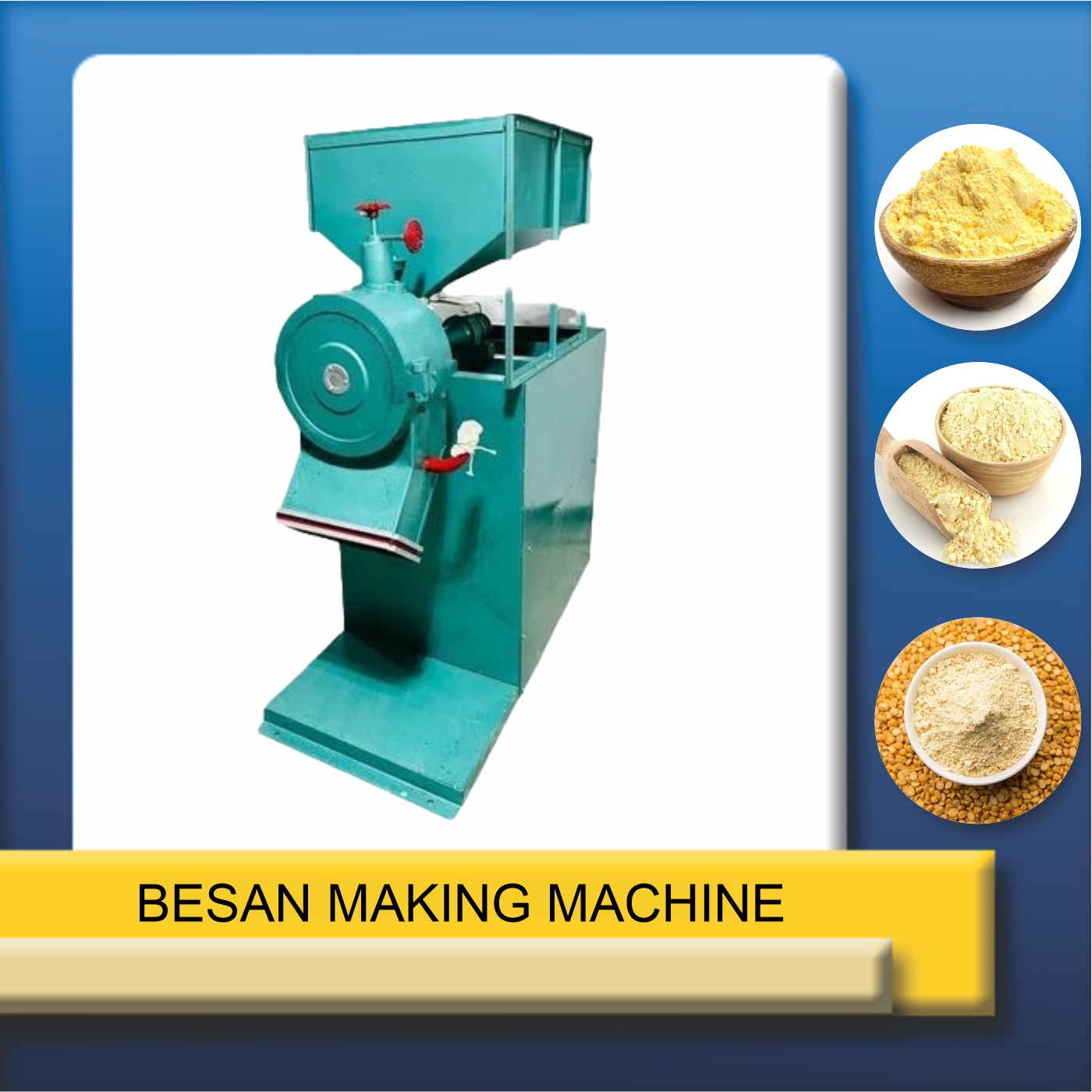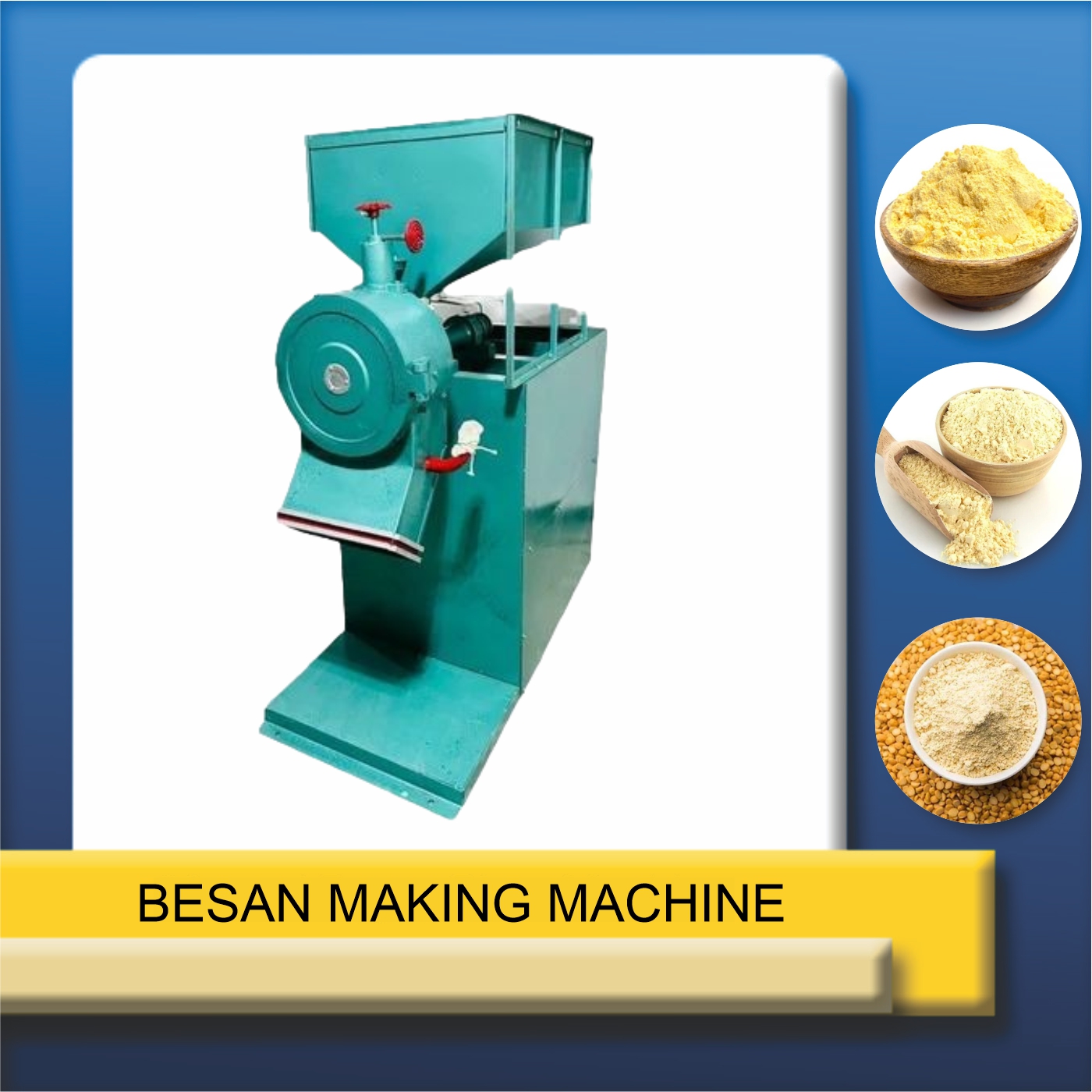Paper Plate Machines
- Double Die Paper Plate Machine
- Fully Automatic Paper Plate Machine
- Hydraulic Paper Plate Machine
- Paper Plate Making Machines
- Single Die Paper Plate Making Machine
Notebook Making Machine
- Notebook Cutting Machine
- Notebook Edge Squaring Machine
- Notebook Making Machine
- Notebook Spiral Binding Machine
- Notebook Stitching And Folding Machine
- Notebook Stitching Machine
Incense Making Machines
- Automatic agarbatti making machine
- Camphor Tablet Making Machine
- Dhoopbatti Making Machine
- Manual agarbatti making machine
Food Processing Machine
- BREAD SLICER MACHINE
- 4 BOLT OIL EXPELLER MACHINE
- 6 bolt oil expeller machine
- 9 BOLT OIL EXPELLER MACHINE
- Atta Chakki Machine
- Automatic paneer press machine
- Automatic rice mill with polisher
- Besan Making Machine
- Cattle feed machine
- Centrifugal chalna seperator
- Chapati Making Machine
- COLD PRESS OIL EXPELLER MACHINE
- Cotton Candy Making Machine
- Dal dryer machine
- Dal polisher machine
- Fully automatic noodles making machine
- Khoya Making Machine
- Kurkure Making Machine
- Kurkure roaster machine
- Laddu making machine
- Malli machine
- Masala coating machine
- Masala Making Machine
- Mini oil expeller machine
- Mini Rice Mill Machine
- Momos Making Machine
- Mustard Oil Expeller Machine
- Namkeen making machine
- Noodles Making Machine
- Oil And Hydro Dryer Machine
- OIL FILTER MACHINE
- Paneer press machine
- Pani Puri Making Machine
- Papad making machine
- Pasta Making Machine
- Planetary mixer machine
- Popcorn making machine
- Potato peeler machine
- Potato slicer machine
- RASGULLA MAKING MACHINE
- Soda vending machine
- Sugarcane juice machine
- Tomato Sauce Making Machine
Other Machines
- Concrete Vibrating Machine
- Automatic slipper machine
- Concrete Mixing Machine
- Cotton Wick Machine
- Hydraulic Press Brick Making Machine
- Ladies Bindi Making Machine
- Manual slipper machine
- Mini chaff cutter machine
- Paper cup making machine
- Sambrani cup making machine
- Sanitary Pad Making Machine
- Tissue Paper Making Machine
- Wire nail grinder machine
- Wire Nail Making Machine
- Wire nail polishing machine
Packing Machines
Detergent Making Machines
Rotary Oven Machine
- 12 tray rotary oven
- 18 tray rotary oven
- 24 tray rotary oven
- 36 tray rotary oven
- 42 tray rotary oven
- 84 tray rotary oven
Besan Making Machine
Price: ₹ 90000
| Product Generic Name |
Besan Making Machine |
|---|---|
| Production |
80 TO 90 Kg/Hr |
| Motor Crompton |
10 HP Three Phase |
Add To Cart
Besan Making Machine: A Complete Solution for Efficient Gram Flour Production
A besan making machine is an essential piece of equipment for businesses involved in the production of gram flour (besan). Besan, made from ground chickpeas, is a key ingredient in many traditional dishes and snacks across India and other parts of the world. The besan making machine automates the process of grinding and processing chickpeas into fine, high-quality besan, ensuring consistency, efficiency, and scalability in production.
This guide explores the features, benefits, and applications of the besan making machine, and how it can help businesses increase their production capacity while maintaining top-notch product quality.
What is a Besan Making Machine?
A besan making machine is a specialized industrial machine designed to grind chickpeas (gram) into fine flour, commonly known as besan. These machines typically feature grinding, sieving, and packaging systems, making them ideal for large-scale production. Whether you are in the business of producing besan for direct sale or as an ingredient for other products, this machine is indispensable for maintaining consistency and high production standards.
How Does a Besan Making Machine Work?
A besan making machine operates through the following stages:
-
Cleaning and Sorting:
The raw chickpeas are cleaned to remove any impurities such as dust, stones, or foreign particles. This is crucial to ensure the purity of the final product. -
Grinding or Milling:
The cleaned chickpeas are fed into the grinding unit of the machine, where they are ground into a fine powder. The machine typically features a set of grinding stones or rollers that crush the chickpeas into flour. Some machines use a combination of hammer mills and pulverizers for this process. -
Sieving:
After grinding, the besan is sieved to remove any coarse particles, ensuring that only fine flour is produced. This step ensures uniformity in texture, which is crucial for the quality of the besan. -
Packaging (Optional):
Some besan making machines come with an automatic packaging system that packs the finished besan into bags or containers, ready for distribution.
Benefits of Using a Besan Making Machine
-
Increased Production Efficiency:
A besan making machine can significantly speed up the grinding process, allowing businesses to produce large quantities of besan in a short amount of time. This high production rate is ideal for businesses looking to meet large-scale demand. -
Consistency and Quality:
One of the biggest advantages of using a besan making machine is the consistency in the quality of the flour produced. The machine ensures that the besan is ground to a uniform texture and fine consistency, which is essential for high-quality products. -
Reduced Labor Costs:
Automating the grinding and sieving processes with a besan making machine reduces the need for manual labor, cutting down on labor costs and human error. This allows businesses to focus on other aspects of production, such as packaging or quality control. -
Hygienic Processing:
With minimal human intervention, the besan making machine helps maintain a clean and hygienic processing environment. Most machines are made from stainless steel, which is easy to clean and maintain, ensuring that the production process meets food safety standards. -
Customization for Different Grinds:
Modern besan making machines offer flexibility in terms of the grind size, allowing businesses to produce different textures of besan. Whether you need finely ground besan for traditional recipes or coarser flour for certain dishes, these machines can be adjusted accordingly. -
Reduced Waste:
The precision of a besan making machine minimizes the waste of raw materials. By ensuring that all chickpeas are properly ground and sieved, businesses can maximize the yield from each batch of raw material, improving efficiency and profitability. -
Energy Efficiency:
Many besan making machines are designed to be energy-efficient, reducing power consumption while still providing high output. This makes them an environmentally friendly option for businesses looking to reduce operational costs.
Key Features of a Besan Making Machine
-
High-Quality Grinding System:
The grinding mechanism of the besan making machine is designed to efficiently crush chickpeas into fine flour, ensuring a consistent product. -
Stainless Steel Construction:
The machine is made from high-quality stainless steel, which is durable, rust-resistant, and easy to clean. This construction material helps maintain hygiene standards during the production process. -
Adjustable Grinding Settings:
The machine typically offers adjustable grinding settings, allowing businesses to control the texture and fineness of the besan based on their specific requirements. -
Efficient Sieving System:
The sieving unit ensures that only finely ground besan is processed and packaged, improving the overall quality of the final product. -
Automatic Feeding and Discharge:
The besan making machine comes with an automated system for feeding raw chickpeas into the machine and discharging the finished besan. This makes the production process smoother and reduces the need for manual labor. -
Compact and Durable Design:
The machine is designed to be compact, which makes it suitable for businesses with limited space. It is also built to withstand long hours of operation, ensuring reliability and longevity.
Applications of a Besan Making Machine
-
Spice and Flour Manufacturers:
Large-scale manufacturers of besan use these machines to produce gram flour for sale in bulk, catering to the food industry or retail markets. -
Food Processing Companies:
Food processing businesses that produce packaged food products, such as snacks or ready-to-eat meals, often use besan in their recipes. A besan making machine ensures that they can consistently source high-quality gram flour for their production. -
Home-Based or Small-Scale Businesses:
Small businesses or home-based manufacturers can also benefit from a besan making machine, as it allows them to produce fresh and high-quality besan without the need for large-scale infrastructure. -
Restaurants and Caterers:
Restaurants and catering businesses that require besan for their day-to-day operations can use the besan making machine to produce freshly ground flour as needed. -
Organic and Specialty Flour Producers:
With a besan making machine, businesses can produce organic or specialized types of besan, catering to niche markets looking for specific flour varieties.
How to Choose the Right Besan Making Machine
When selecting a besan making machine, consider the following factors:
-
Production Capacity:
Determine the production volume you require. Machines are available in a range of capacities, from small-scale models for home businesses to large-scale machines for industrial use. -
Type of Chickpeas:
Make sure the machine is capable of processing the type of chickpeas you use, whether they are raw, roasted, or organic. -
Adjustable Settings:
Look for a machine that offers adjustable grind settings so that you can customize the texture of the besan according to your needs. -
Ease of Maintenance:
Choose a machine that is easy to clean and maintain. Stainless steel machines with removable parts are often the easiest to maintain and clean. -
Energy Efficiency:
Opt for a machine that is energy-efficient to help lower long-term operational costs. Machines with low power consumption are ideal for businesses looking to reduce energy bills. -
Budget:
Ensure that the besan making machine fits within your budget. While some high-end machines may come with advanced features, there are also cost-effective options that offer excellent performance.
Conclusion
A besan making machine is an invaluable investment for businesses in the flour and spice industry. It enables high-speed production, consistent quality, and cost-effective processing of gram flour. Whether you are a large-scale manufacturer or a small-scale producer, this machine can help you meet market demands while maintaining top-quality products. By automating the grinding and sieving processes, the besan making machine boosts efficiency, reduces labor costs, and improves overall profitability.
-
High Production Efficiency
Significantly speeds up the process of making besan (gram flour) by automating grinding, sieving, and packaging, allowing for large-scale production in less time. -
Consistent Quality Output
Ensures uniform quality of besan with a fine texture, meeting the high standards of both domestic and commercial customers. -
Energy Efficient
Designed to consume less energy while maintaining optimal performance, making it a cost-effective solution for large and small-scale operations alike. -
Low Maintenance
Built with durable materials, the machine requires minimal maintenance, reducing downtime and ensuring consistent production. -
Hygienic & Safe Processing
The machine is constructed with food-grade stainless steel and is designed for easy cleaning, ensuring a hygienic production process that meets food safety standards. -
Versatile Applications
While primarily used for making besan, it can also grind other pulses like lentils and chickpeas, adding flexibility to your production line. -
User-Friendly Operation
With simple controls and an intuitive interface, the machine is easy to operate, even for personnel with limited technical expertise. -
Compact & Space-Saving Design
Despite its high output, the machine is compact, fitting into smaller spaces while still offering efficient production, making it suitable for different business sizes. -
Increased Profitability
The automation of the besan-making process boosts production speed, reduces labor costs, and ensures consistent quality, which helps in improving profit margins. -
Environmentally Friendly
Designed to minimize waste and optimize the use of raw materials, the machine helps reduce environmental impact while maintaining high output.
1. What is a Besan Making Machine, and how does it work?
A Besan Making Machine grinds chickpeas into fine powder, commonly known as besan or gram flour. The machine uses high-speed grinding mechanisms to turn dry chickpeas into finely ground flour, often in a single pass.
2. What types of grains can be processed in the Besan Making Machine?
Primarily, the machine is designed for processing chickpeas into besan, but it can also handle other grains like lentils, peas, and other pulses for making various flours, depending on the model.
3. What are the benefits of using a Besan Making Machine?
-
Efficiency: The machine speeds up the process of grinding, allowing large quantities of besan to be produced in a short amount of time.
-
Consistency: Provides uniform particle size, ensuring high-quality besan.
-
Cost-effective: Reduces labor costs and wastage by automating the grinding process.
-
Versatility: Some models can process different grains and pulses for additional flour production.
4. What is the production capacity of a Besan Making Machine?
The production capacity varies by model, with small machines producing around 100-200 kg of besan per day, while larger industrial models can produce 500 kg to several tons per day, making them ideal for commercial use.
5. What are the maintenance requirements for a Besan Making Machine?
-
Regular Cleaning: It’s important to clean the machine after each use to avoid the buildup of residue.
-
Lubrication: Periodically lubricate the moving parts to ensure smooth operation.
-
Check for wear and tear: Ensure the grinding components are sharp and free from damage for consistent performance.
6. What are the power requirements for the Besan Making Machine?
Power consumption varies depending on the capacity and model. Generally, machines may require 1.5 kW to 10 kW of power, with larger machines demanding higher energy for increased output.
7. How do I store the besan produced by the machine?
To store besan, place it in airtight containers and keep it in a cool, dry place. Avoid direct sunlight to preserve the freshness and nutritional value of the flour.
8. Can the Besan Making Machine be used for other applications?
Yes, many models can process a variety of grains, legumes, and pulses, making them versatile for producing flours for different recipes and industries, including flour mills, snack production, and traditional food production.
9. How can I order a Besan Making Machine?
For more information or to place an order, visit our official page: ASVR Engineering – Besan Making Machine. You can also contact our sales team for custom quotes based on your specific needs.


